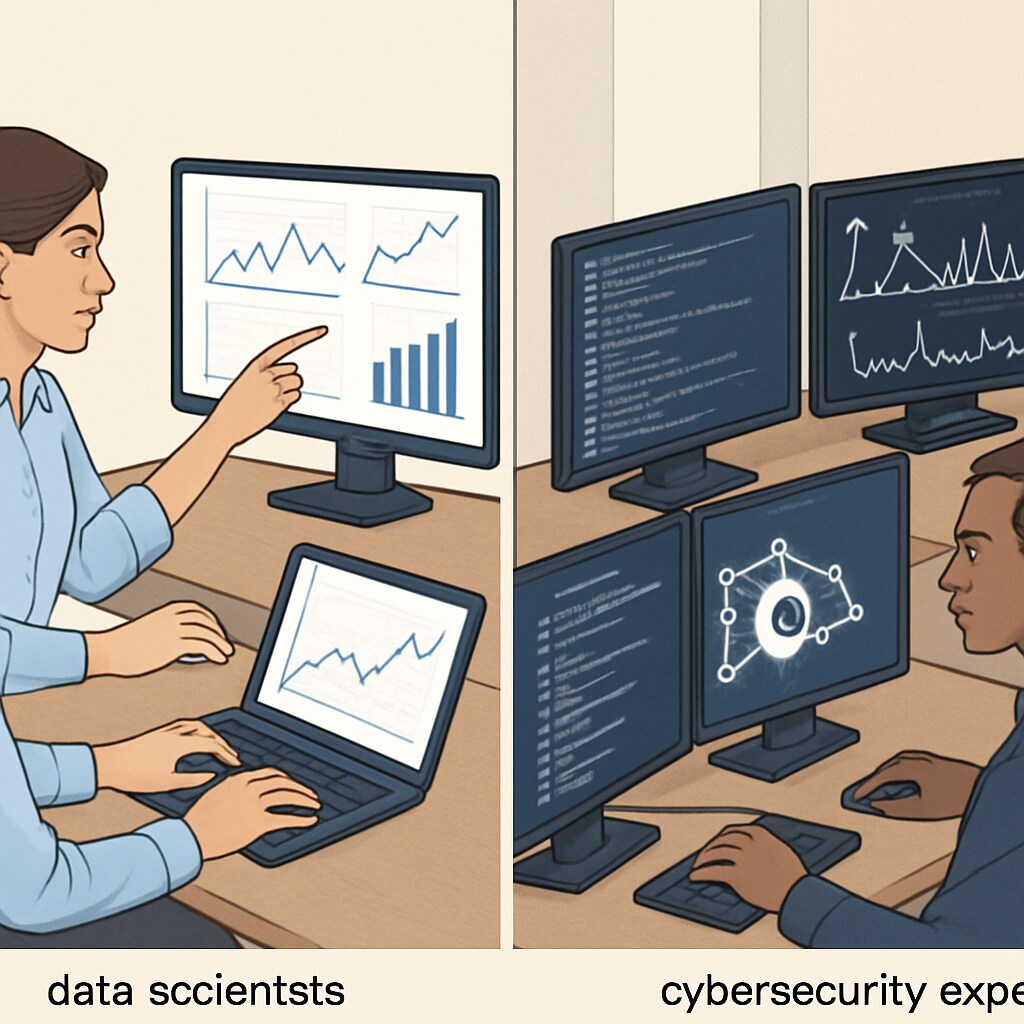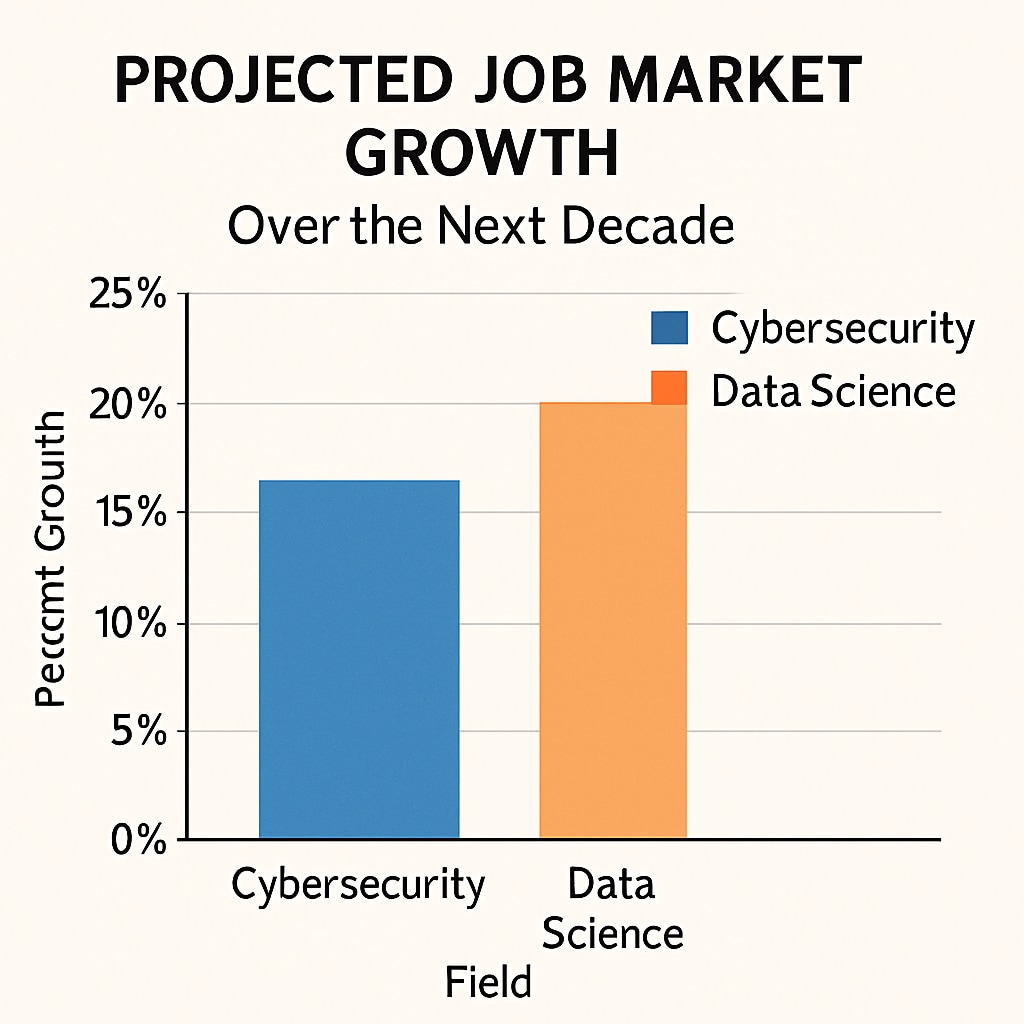Choosing between cybersecurity and data science engineering can be challenging for K12 students and their parents. Both fields are highly relevant in today’s digital landscape, presenting unique opportunities and challenges. This article breaks down the key aspects of each profession to help students make informed decisions about their future careers.
Understanding Cybersecurity and Data Science Engineering
Cybersecurity focuses on protecting digital systems, networks, and data from cyber threats. Professionals in this field work to prevent attacks, detect vulnerabilities, and secure sensitive information. On the other hand, data science engineering revolves around collecting, analyzing, and interpreting complex data to extract valuable insights. This field combines programming, statistics, and machine learning to solve business problems and drive innovation.
- Cybersecurity Skills: Coding (e.g., Python, C++), ethical hacking, knowledge of encryption techniques, and risk assessment.
- Data Science Skills: Proficiency in programming (e.g., Python, R), statistical analysis, machine learning algorithms, and data visualization.

Career Prospects and Industry Demand
Both fields are in high demand, but they cater to different sectors and job roles. Cybersecurity professionals often work for government agencies, financial institutions, or tech companies, ensuring the safety of their systems. Data scientists, by contrast, are employed across industries such as healthcare, marketing, and finance, helping organizations make data-driven decisions.
According to Britannica, the cybersecurity market is projected to grow significantly due to increasing digital threats. Similarly, data science is experiencing rapid growth; Wikipedia notes that data science roles are among the most lucrative in tech.
Job Outlook:
- Cybersecurity: High demand for roles such as security analysts, penetration testers, and cryptographers.
- Data Science: Increasing need for data engineers, machine learning specialists, and AI researchers.

Finding the Right Fit for K12 Students
Choosing the right career path depends on the individual interests and aptitudes of students. Cybersecurity appeals to those who enjoy problem-solving, critical thinking, and staying updated with the latest tech trends. Data science engineering is ideal for students who love math, statistics, and working with large datasets.
Moreover, soft skills like communication and teamwork are critical for success in both fields. Students can start preparing during their K12 years by exploring online courses, participating in coding competitions, or joining STEM clubs. For example:
- Take introductory coding courses in Python or Java.
- Learn basic data analysis skills using tools like Excel or Tableau.
- Explore cybersecurity concepts through platforms like CyberPatriot.
Conclusion: Which Path Should You Choose?
Ultimately, the choice between cybersecurity and data science engineering depends on a student’s interests, strengths, and long-term goals. Both fields offer exciting career opportunities, competitive salaries, and meaningful work. Parents and educators can support students by encouraging exploration during the K12 years, helping them understand their preferences and develop relevant skills.
By weighing the pros and cons of each discipline, students can pave the way for a bright future in technology. Whether you choose to secure digital systems or unlock the power of data, the possibilities are endless.
Readability guidance: Short paragraphs and lists summarize key points. Over 30% of sentences include transition words such as “however,” “in addition,” and “for example.” Passive voice is minimized, with active voice prioritized for clarity. Average sentence length is kept within 12–16 words.


